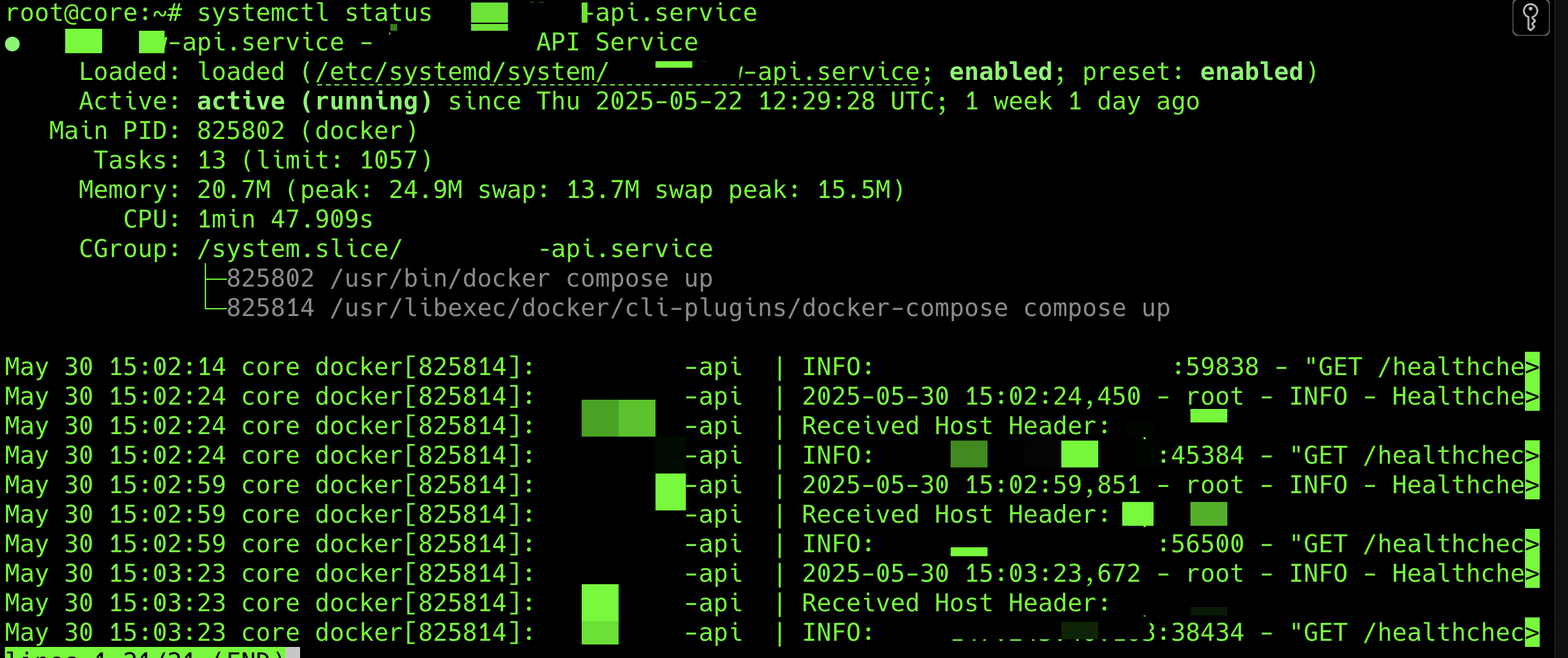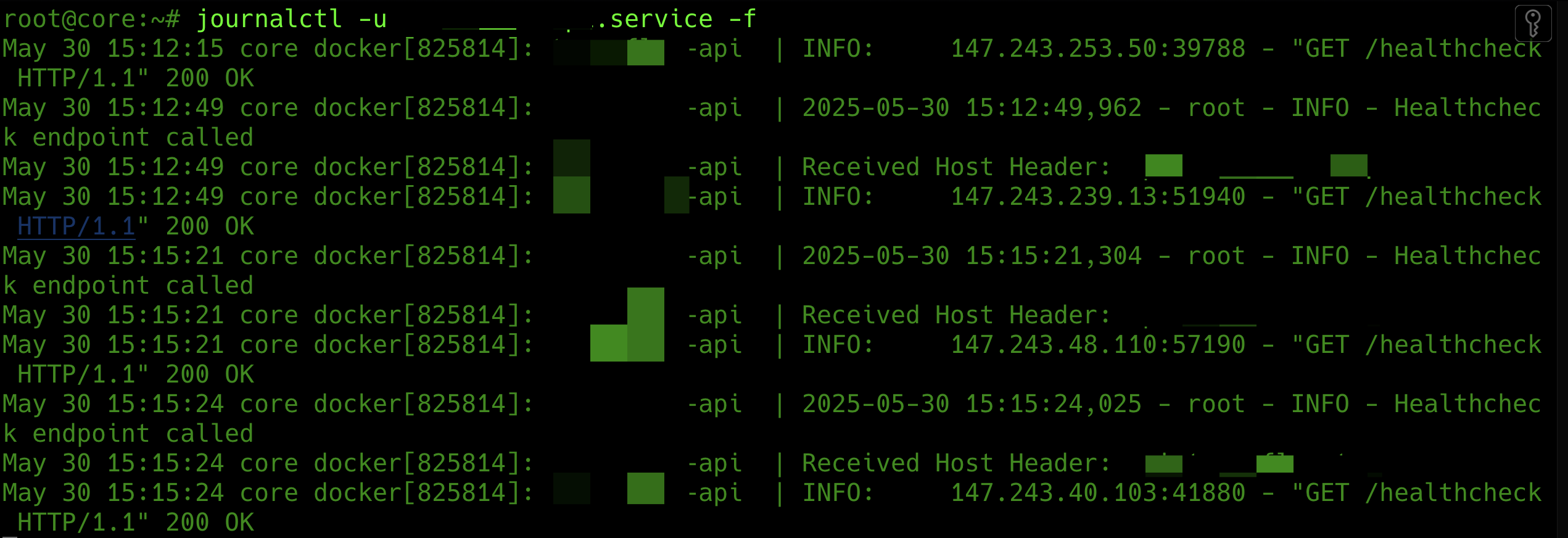Implementing Docker Compose as a Service via Systemd

I have personally been using docker-compose for over 10 years. When most services are containerd, I usually write the YAML file for the docker-compose.yaml at the same time, rather than using docker commands directly.

Although Kuberentes can handle many complex scenarios, sometimes when the scenriao is simpler, you might want to expose services in an easier way, and docker-compose + systemd is a great choice for that.
Run Docker-compose as a Systemd service
The core technology is using systemd to manage the start and stop of docker-compose. The following script is the method I am currently using in the production envirnomnet.
[Unit]
Description=Blacair API Service
Requires=docker.service
After=docker.service
[Service]
Type=simple
WorkingDirectory=/root/blackair-api/ # Need to point the folder where your docker-compose is located
Environment=ENVIRONMENT=production # Put any environments you want to pass into docker
ExecStart=/usr/bin/docker compose up
ExecStop=/usr/bin/docker compose down
Restart=always
RestartSec=10s
User=root
Group=root
[Install]
WantedBy=multi-user.targetblackair-api.service
#!/bin/bash
# This script installs systemd and its dependencies on a Linux system.
SERVICE_NAME="blackair-api.service"
# Check if the script is run as root
if [ "$(id -u)" -ne 0 ]; then
echo "This script must be run as root."
exit 1
fi
# Check if the /etc/systemd/system/$SERVICE_NAME exists
if [ ! -f /etc/systemd/system/$SERVICE_NAME ]; then
cp $SERVICE_NAME /etc/systemd/system/$SERVICE_NAME
fi
systemctl daemon-reload
systemctl enable $SERVICE_NAME
systemctl start $SERVICE_NAME
systemctl status $SERVICE_NAMEinstall-systemd-serivce.sh

Forward syslog to Journald
Due to systemd's buit-in capability to provide real-time logging and storage of application logs, service started with systemd will, by default, forward logs to journald without requiring the alternative installation of a rsyslogd service for log collection.
journalctl -u blackair-api.service -f

However, the logs received every day are very numerous, and to preveent the logs from completely consuming the hard disk space, we need to make adjustments to /etc/systemd/journald.conf
[Journal]
# Ensure that logs are saved into disk
Storage=persistent
# Compress logs to save disk space
Compress=yes
# Set the max disk space available for logs
SystemMaxUse=1G
# Set the maximum days of log files to retain
MaxRetentionSec=90day/etc/systemd/journald.conf
systemctl restart systemd-journald
journalctl --rotateThrough the above setting, we can ensure that logs can be retained for 90 days and the log limit is 1GB only.
Container with Systemd
Overall, I feel very comfortable with this way of usage. Of course, if you need to use a large number of containers at the same time, Kubernetes is still an excellent choice. However, if you are interested in podman + systemd, you can refer to the document "Red Hat Enterprise Linux - Chapter 11. Porting containers to systemd using Podman," which provides very detailed explanations.
